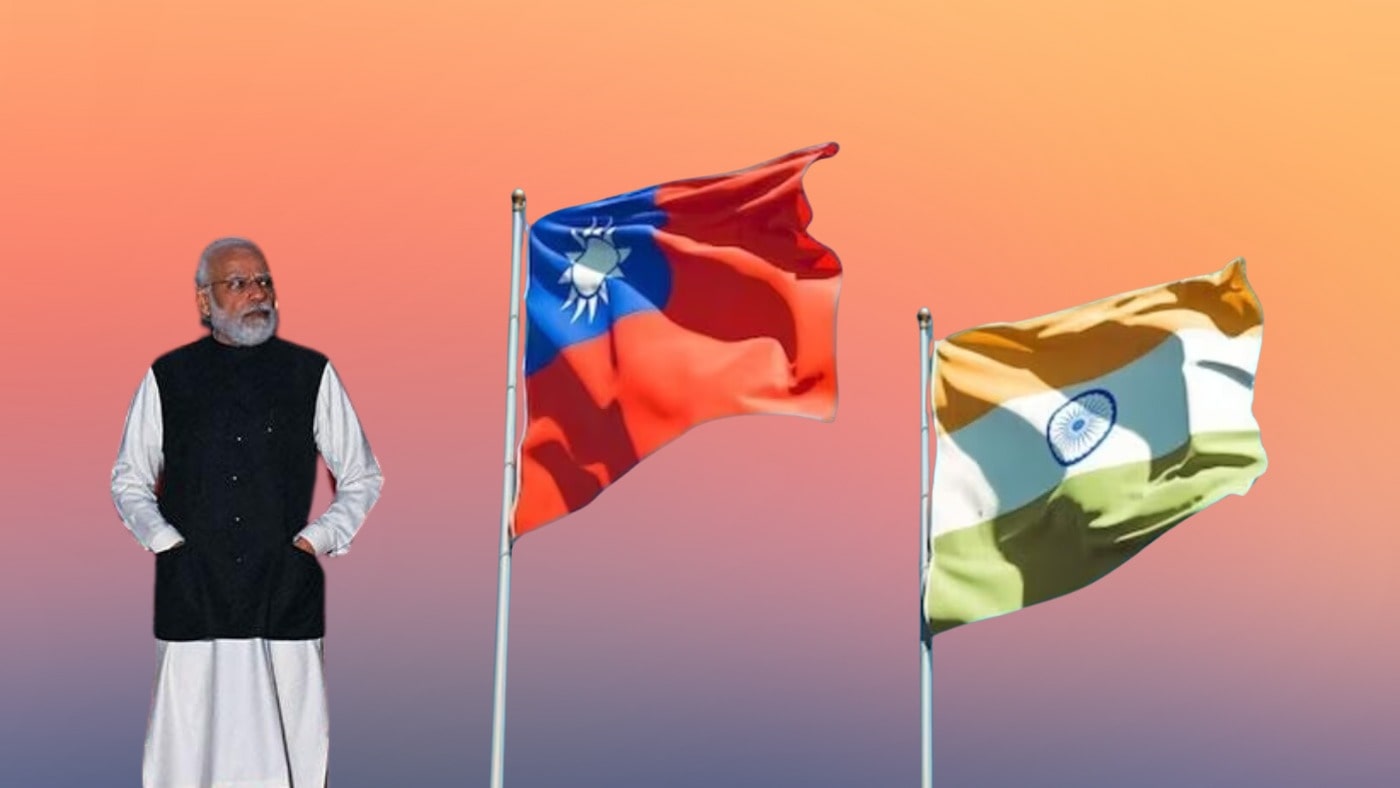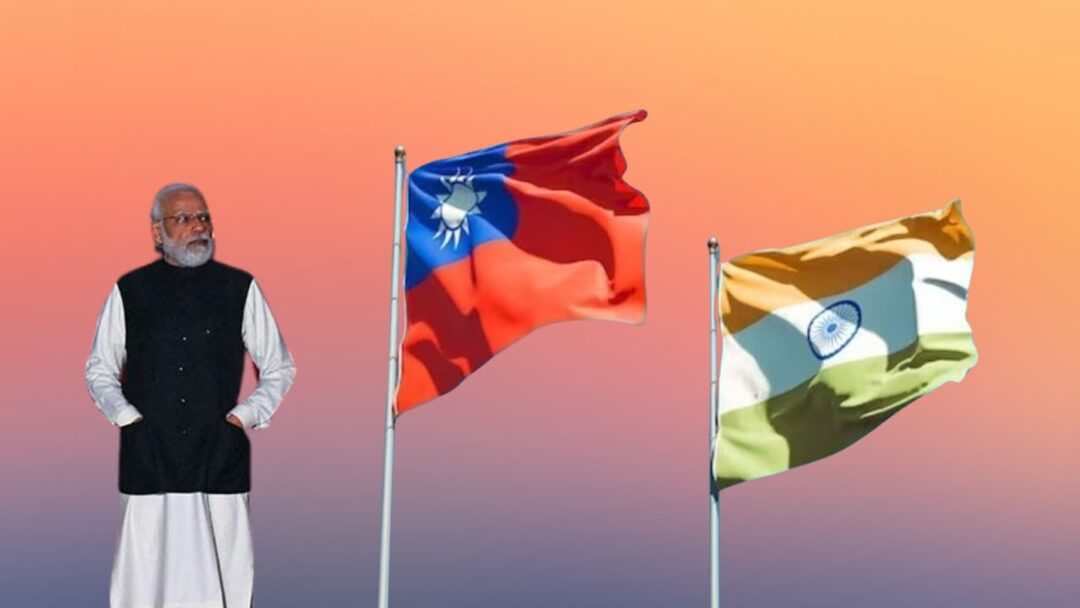Physical Address
304 North Cardinal St.
Dorchester Center, MA 02124

As tensions simmer between India and China over border disputes, Moscow finds itself in a precarious position. The strategic importance of Russia-China-India relations has never been more critical, especially with the potential of a military conflict between the two Asian giants. While Russia values its long-standing friendship with India, it is equally dependent on China for economic survival in the face of Western sanctions. A report from National Interest raises the pertinent question: if China invades India, can Russia afford to remain neutral, or will its alliance with Beijing force it to make a choice?
In the hypothetical (yet not impossible) scenario of China invading India, Russia-China-India relations would undergo a seismic shift. Russia has historically maintained strong ties with both nations, but in recent years, its dependence on Beijing has grown due to geopolitical isolation from the West. While Moscow may attempt to remain neutral in the initial stages of a conflict, the report suggests that this neutrality would be short-lived. Russia’s reliance on China’s economic lifeline, especially in the oil and defense sectors, could force the Kremlin to lean towards Beijing in case of a prolonged war.
Moscow’s neutral stance would also put India in a precarious situation, as New Delhi relies heavily on Russian military hardware. If Russia sides with China or even suspends arms and oil sales to India, it could cripple India’s military readiness and economic stability during a conflict.
The heart of Russia-China-India relations lies in a dangerous balancing act for Moscow. On one hand, Russia views India as a crucial counterweight to China’s growing influence in Asia. Losing India to the West could have profound geopolitical ramifications, making Russia more vulnerable and further dependent on Beijing. On the other hand, Russia cannot afford to jeopardize its economic and strategic ties with China, especially with its energy exports and defense industry closely tied to Chinese markets.
This poses a serious dilemma for Moscow. Supporting India in a conflict with China could sever its ties with Beijing, while siding with China would likely push India into closer alignment with the West, particularly the United States, shattering Moscow’s hope of using India as a balance to China’s power in Asia.
For India, Russia-China-India relations have always been essential, particularly in the defense and energy sectors. Over the decades, India has relied on Russia for cutting-edge defense equipment and energy supplies, which have been pivotal in maintaining its military edge. However, a conflict with China could drastically change this equation.
If Moscow chooses to support China in a potential war or even suspends its arms sales to India, it would be a significant setback. The Indian defense forces would struggle without access to Russian hardware and spare parts, severely hampering their operational capabilities. Moreover, the loss of Russian oil, especially when global energy markets are volatile, would hit India’s economy hard, compounding the difficulties of fighting a sustained war.

Russia-China-India relations are not just shaped by external geopolitical factors but also by internal debates within New Delhi. According to the National Interest report, there is a growing divide within India’s strategic community regarding its foreign policy direction. Some experts and think tanks are advocating a full alignment with the U.S. as the only viable solution to counter China’s aggressive posturing. These experts, with strong influence in the Ministry of External Affairs, are skeptical of Moscow’s intentions and see the U.S. as a more reliable partner.
On the other hand, the security and intelligence community within the Indian government takes a more pragmatic view. They recognize the importance of maintaining engagement with Russia, even if it’s through the Moscow-Beijing channel, as a means to manage China’s growing assertiveness. This internal split could determine India’s foreign policy in the coming years, especially if Russia is forced to choose between its two allies.
As Russia-China-India relations grow more complicated, the Indian government is divided on how best to manage these strategic partnerships. The diplomatic side of the establishment leans toward a pro-U.S. stance, viewing Washington as a more reliable counterweight to Beijing’s aggression. This school of thought is skeptical of continued engagement with Russia, especially if Moscow’s ties with Beijing deepen further.
However, India’s security and intelligence apparatus takes a more nuanced view. While wary of China’s military ambitions, this faction believes that maintaining a working relationship with Russia is essential, not just for military supplies but also as a channel to engage with China diplomatically. They argue that cutting ties with Russia could isolate India further and leave it with fewer options in managing its complex relationship with Beijing.
China, too, has to make careful calculations in this geopolitical chess game. Beijing is well aware that a military face-off with India, especially in the unforgiving Himalayan terrain, carries the risk of significant losses. If China were to suffer an embarrassing defeat in such a conflict, it would not only harm its regional ambitions but also its global standing as a rising superpower.
As Russia-China-India relations evolve, China will likely take the option of conflict avoidance seriously. A military debacle could undermine Beijing’s global image, weaken its diplomatic leverage, and embolden other rivals like the United States or Japan. The potential of losing face in a high-stakes conflict with India could be a major deterrent for China, making diplomacy a more attractive option for resolving border tensions.
As tensions simmer at the Russia-China-India relations intersection, all three nations are navigating a complex web of alliances, dependencies, and rivalries. Russia finds itself in a difficult position, caught between its friendship with India and its growing reliance on China. India faces the challenge of balancing its strategic partnerships with Russia and the West, while China must weigh the risks of military conflict against its global aspirations.
The future of Russia-China-India relations will depend on how these nations manage these competing interests. Diplomatic efforts, economic dependencies, and military strategies will shape the next chapter in this critical geopolitical relationship. Whether Russia can maintain its neutrality, or whether it will be forced to pick sides, remains to be seen.